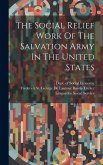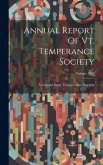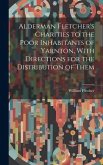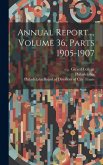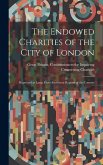Ottoman charitable endowments (waqf) constituted an enduring monument to imperial beneficence and were important instruments of policy. One type of endowment, the public soup kitchen (>imaret) served travelers, scholars, pious mystics, and local indigents alike. Constructing Ottoman Beneficence examines the political, social, and cultural context for founding these public kitchens. It challenges long-held notions about the nature of endowments and explores for the first time how Ottoman modes of beneficence provide an important paradigm for understanding universal questions about the nature of charitable giving. A typical and well-documented example was the imaret of Hasseki Hurrem Sultan, wife of Sultan Süleyman I, in Jerusalem. The imaret operated at the confluence of imperial endowment practices and Ottoman food supply policies, while also exemplifying the role of imperial women as benefactors. Through its operations, the imaret linked imperial Ottoman and local Palestinian interests, integrating urban and rural economies.
Bitte wählen Sie Ihr Anliegen aus.
Rechnungen
Retourenschein anfordern
Bestellstatus
Storno

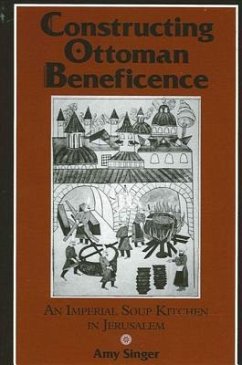
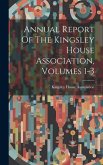
![The Philanthropist, And Prison And Reformatory Gazette. [continued As] The Philanthropist, And Social Science Gazette The Philanthropist, And Prison And Reformatory Gazette. [continued As] The Philanthropist, And Social Science Gazette](https://bilder.buecher.de/produkte/68/68916/68916847m.jpg)
